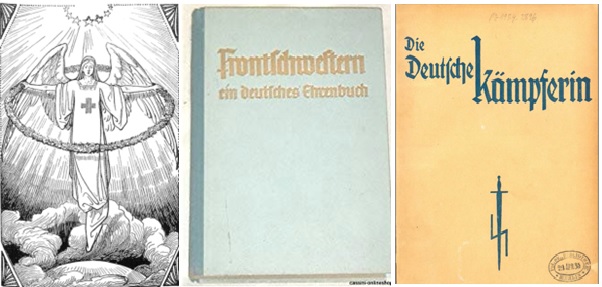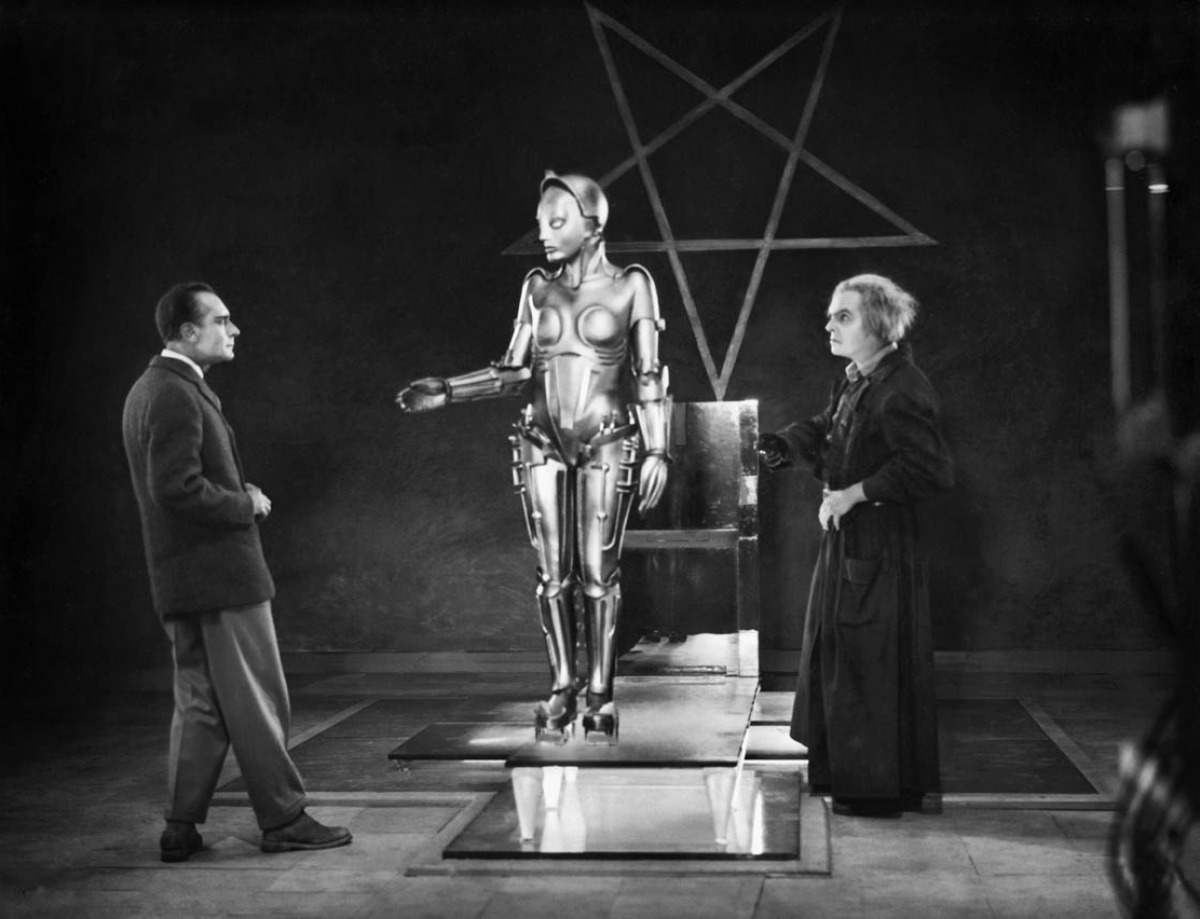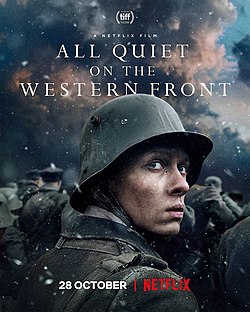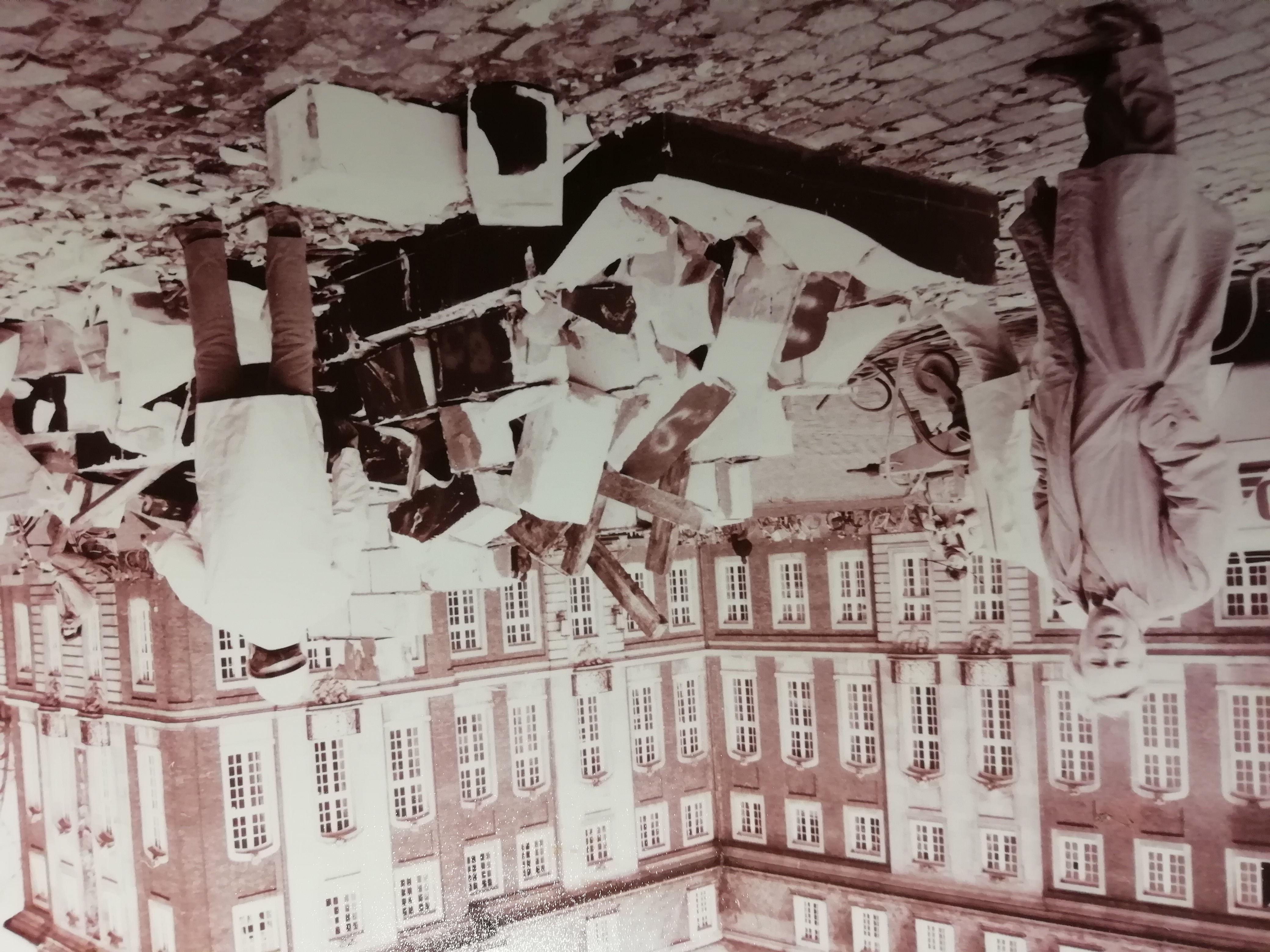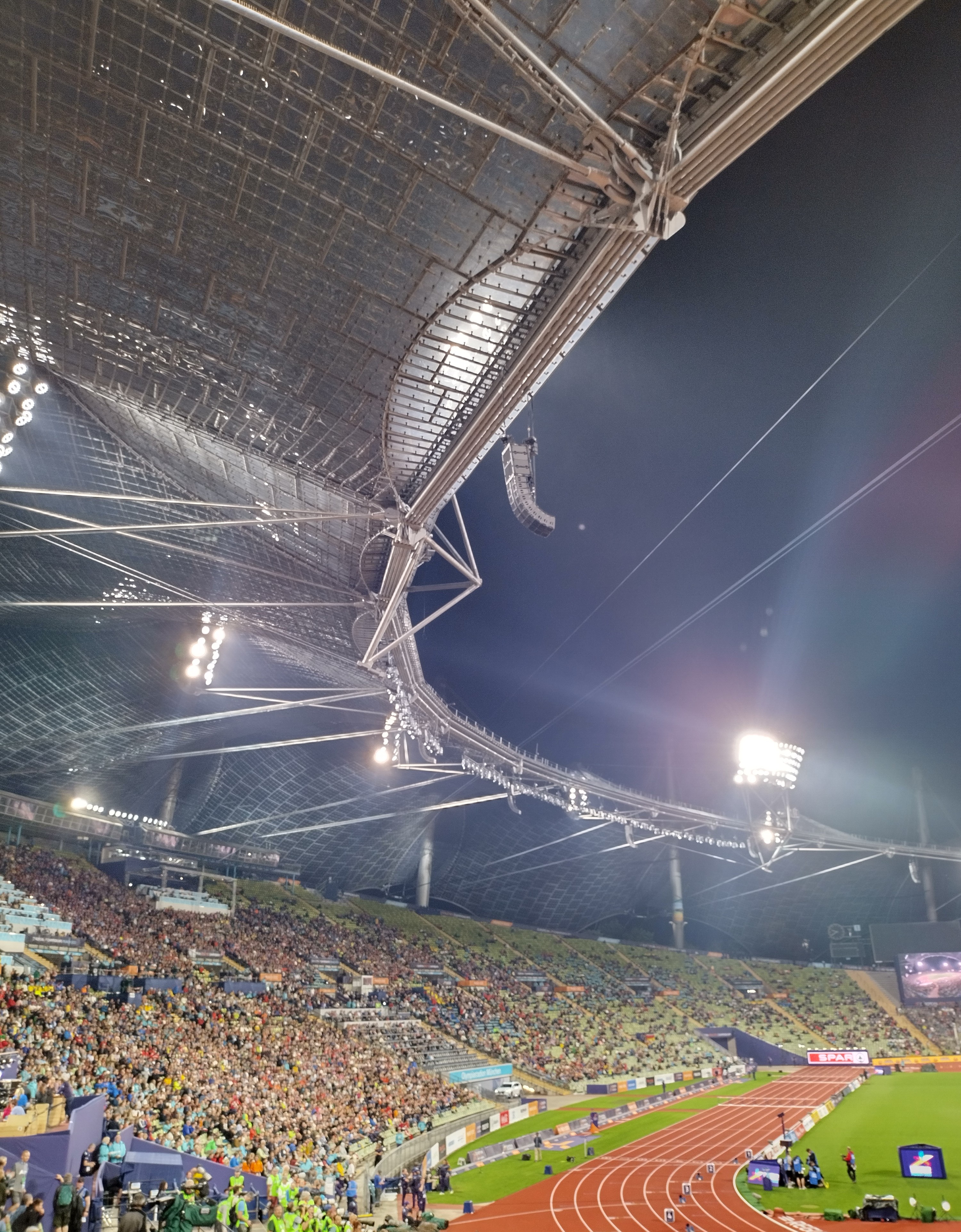Written by Jerry Palmer
The majority of the nurse memoirs of the Great War, of all the combatant nations, focus overwhelmingly on their daily work; through this accumulation of detail, they demonstrate their dedication to the well-being of the soldiers, while by the same token their personal lives recede into the background. However, although they play down just how difficult nursing was under these circumstances, perhaps especially for the thousands who were volunteers with no previous medical experience, it is not difficult to work out just how draining it must have been. This is one example of a basic feature of memoirs: because they are inherently selective, what they don’t say is often as instructive as their contents.
Leave a Comment
